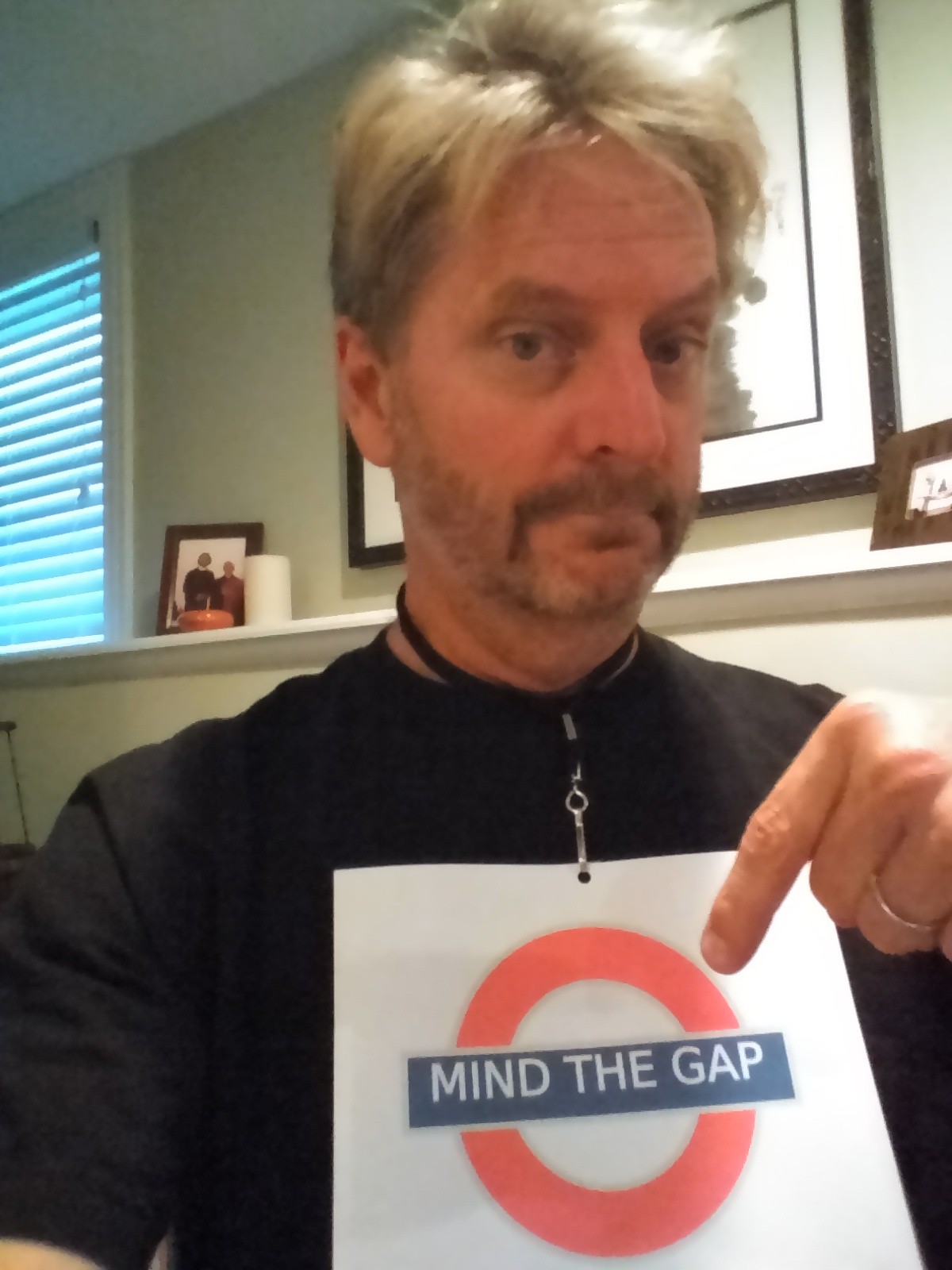 Join me in a brief “thought experiment.” Suppose you were a gifted painter or photographer and had the chance to provide an image of yourself that would endure–and perhaps be the only one people would know you by–for hundreds of years after your death. How would you proceed? What criteria would guide your work, be used to deem it a success?
Join me in a brief “thought experiment.” Suppose you were a gifted painter or photographer and had the chance to provide an image of yourself that would endure–and perhaps be the only one people would know you by–for hundreds of years after your death. How would you proceed? What criteria would guide your work, be used to deem it a success?
Seriously, take a moment to picture yourself in your mind’s eye…
Now, consider the painting below.
It’s a self-portrait painted by Rembrandt van Rijn.
Why, you might wonder, would a painter widely considered one, if not, “the greatest . . .in European art” leave the world such an unflattering portrait? His face is puffy and pale, his hair thin and receding, and his cloak and cap plain and undistinguished. And lest one assume this particular image is an exception to otherwise beautiful renditions of himself, think again. The self-portraits he painted throughout his life share the same, homely quality.
Clearly, the skills Rembrandt possessed ensure he could have made himself look any way he wanted and the world would have been none the wiser. Why such brutal honesty? More to the point, given the choice, would you paint yourself as you truly are or as others generally see you?
The answer, according to some to very interesting and recent research, is, “No.” The gap between how we view ourselves on the one hand and, on the other, look, think, and act in life is often quite wide. And, it turns out, we fill that space with people who agree with us, who see us as we want to see ourselves.
Actually, according to Paul Green of the University of North Carolina at Chapel Hill, people actively, “move away from those who provide feedback that is more negative than their view of themselves. They do not listen to their advice and prefer to stop interacting with them altogether . . . tend[ing] to strengthen their bonds with people who only see their positive qualities.”
Surrounding ourselves with people who shore up our self-image is both understandable and needed. Life is hard. Support is a must. The problem is that this largely unconscious behavior undermines performance. In a variety of work contexts, for example, the researchers have documented that, “dropping relationships that provide disconfirming reviews [leads] to decreases in performance in the succeeding year.”
The importance of being able to see ourselves as we are is something Rembrandt appeared to understand quite well. Indeed, it likely accounted for a significant portion of his artistic mastery.
Bottom line? Whatever our particular craft, if the goal is to improve, to get better at what we do, it’s essential to “mind the self-assessment gap.” First, we have to be aware it exists. Next, we have to actively work to solicit views other than our own.
In the therapy world, our team has pioneered a simple set of tools clinicians can use to solicit feedback about the quality and effectiveness of their work. Multiple clinical trials document improved results. Read this recently published free article to learn how to get started.
Of course, not all feedback is useful. In the upcoming Intensive Trainings in Chicago, we’ll teach you how to sort helpful from unhelpful, guided by the latest and only empirical research published to date documenting what it takes for individual therapists to become more effective.
Join me, an international faculty, and practitioners from around the world for the Advanced FIT and Supervision trainings this coming March!
Until then,
Scott D. Miller, Ph.D.
Director, International Center for Clinical Excellence


Excellent! And certainly thought provoking. Makes me think about the ‘selfie’ phenomenon and what I hear referred to as “FakeBook” where individuals are making an art out of presenting themselves in their most beautiful image (often taken and retaken many times to ensure the ‘best’ image). Love your work Scott D. Miller!
Thank you – as allways interesting, inspirering and a bit scary 🙂